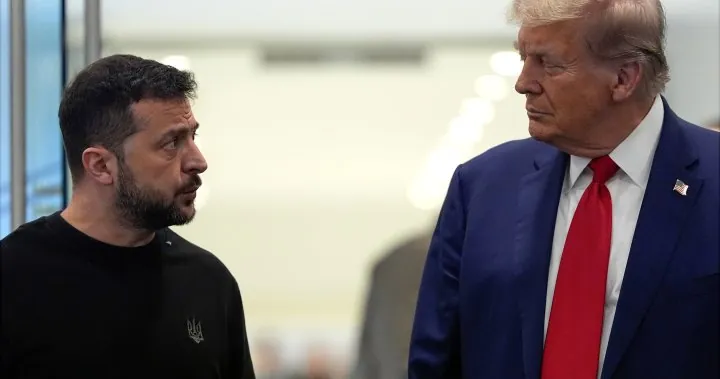
Is Trump’s Presidency a Game-Changer for U.S. Support of Ukraine?
2024-11-07
Author: Sophie
Introduction
Donald Trump's potential return to the White House has ignited concerns about the future of American support for Ukraine amidst its ongoing battle against Russia's aggressive invasion. As Trump and his running mate, JD Vance, publicly express skepticism about continued military and financial aid for Ukraine, questions arise about the stability of U.S. backing as the war drags on into another grueling winter.
Reaction from Ukraine
Trump's recent victory prompted an immediate congratulatory response from Ukrainian President Volodymyr Zelenskyy. The Ukrainian leader highlighted Trump’s value of "peace through strength," reaffirming his hope for collaboration to achieve a resolution that respects Ukraine’s sovereignty. However, tensions loom due to Zelenskyy's past criticisms of both Trump and Vance, especially after his public appearances with Democratic representatives during the election campaign. This could lead to a cool reception from a Republican-controlled Congress that may have little patience for his agenda.
Current Conflict Status
As the conflict remains in a deadlock, with Russian missile attacks wreaking havoc on infrastructure and an influx of North Korean troops, experts are contemplating worst-case scenarios. Oleksa Drachewych, a historian specializing in Ukrainian and Russian politics, stated, “The worst-case scenario is that U.S. support for Ukraine just stops," which would seriously undermine Ukraine's defense efforts.
Zelenskyy’s Ambitious Plans
In a pivotal meeting between Trump and Zelenskyy back in September, the Ukrainian president outlined an ambitious "victory plan," emphasizing NATO membership and the reclamation of territories seized by Russia since the invasion began. Notably, Ukrainian forces are envisioned as a new European defensive line against future Russian aggression—a plan critical for regional stability.
Vance's Controversial Proposals
Yet, Vance’s stance raises eyebrows as he advocates for a peace deal that aligns closely with Russian interests, proposing that Ukraine relinquish territory and adopt a policy of neutrality, potentially precluding NATO membership. Critics argue such moves would only deepen the plight of Ukrainians in contested regions.
Funding and Political Landscape
The support from the U.S.—which has contributed tens of billions in arms and resources—has been seen as vital for Ukraine's survival. However, conservative elements in Congress argue these funds could be better spent addressing domestic issues.
Potential Concessions from Zelenskyy
As the political landscape shifts, Zelenskyy might be inclined to offer concessions to maintain some level of U.S. aid, even if it means heavy compromises. Canadian officials, such as Foreign Affairs Minister Melanie Joly, emphasize their commitment to humanitarian issues and stress the need for continued support of Ukraine's fight, recognizing that Ukraine’s struggle for freedom resonates worldwide.
Conclusion
The uncertainty continues as the potential transition period until Trump's inauguration unfolds, possibly offering the Biden administration a fleeting chance to bolster support for Ukraine. Nevertheless, amid these political tensions, there lies a consensus that peace should ultimately encapsulate more than just a cessation of hostilities; it must also include a just resolution respecting Ukrainian sovereignty and territorial integrity.
As the world watches these developments closely, one thing is clear: the stakes in this ongoing conflict could redefine geopolitical alliances and shape the future of U.S. involvement in global conflicts. The question remains—how will the Trump era reshape the balance of power in Eastern Europe?
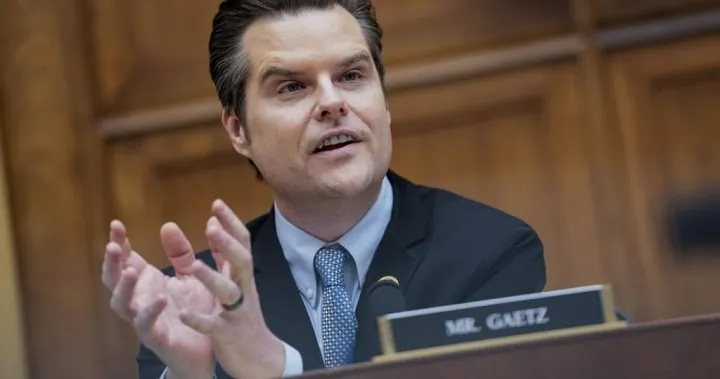

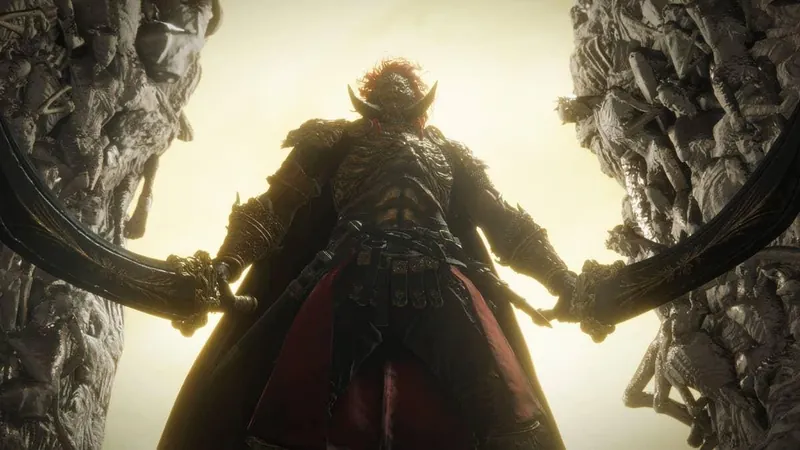

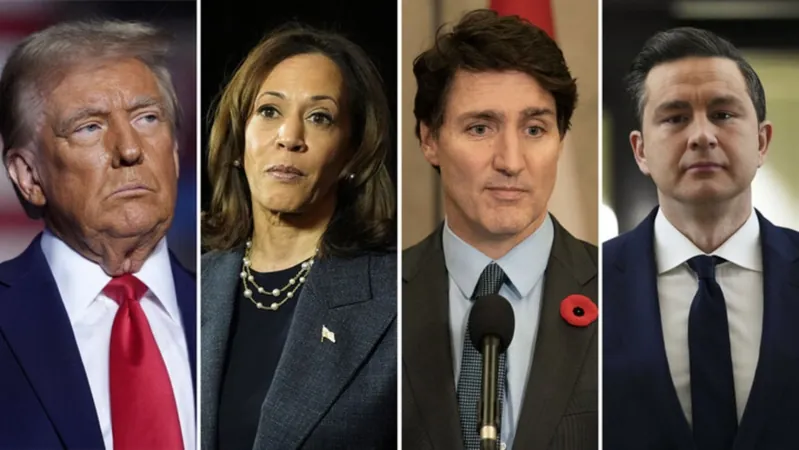
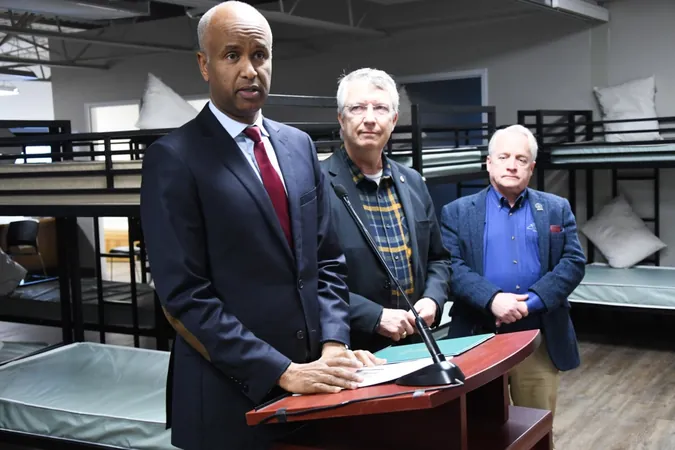
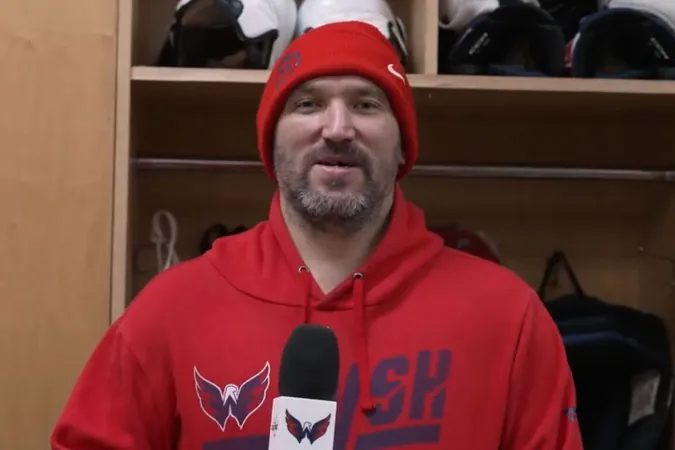

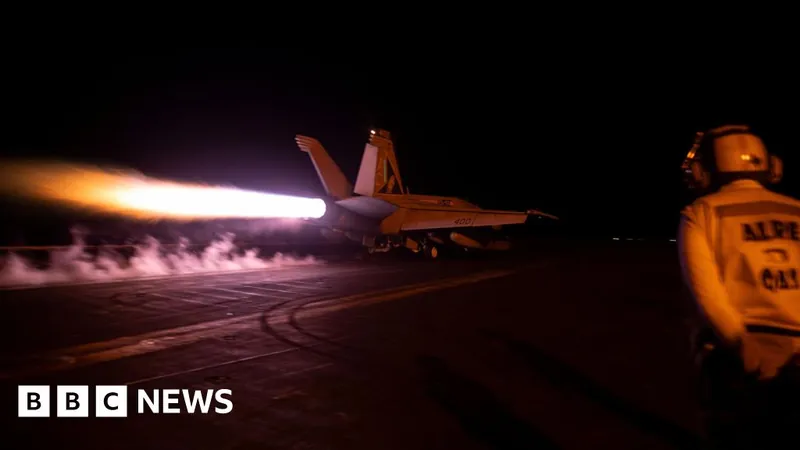
 Brasil (PT)
Brasil (PT)
 Canada (EN)
Canada (EN)
 Chile (ES)
Chile (ES)
 España (ES)
España (ES)
 France (FR)
France (FR)
 Hong Kong (EN)
Hong Kong (EN)
 Italia (IT)
Italia (IT)
 日本 (JA)
日本 (JA)
 Magyarország (HU)
Magyarország (HU)
 Norge (NO)
Norge (NO)
 Polska (PL)
Polska (PL)
 Schweiz (DE)
Schweiz (DE)
 Singapore (EN)
Singapore (EN)
 Sverige (SV)
Sverige (SV)
 Suomi (FI)
Suomi (FI)
 Türkiye (TR)
Türkiye (TR)